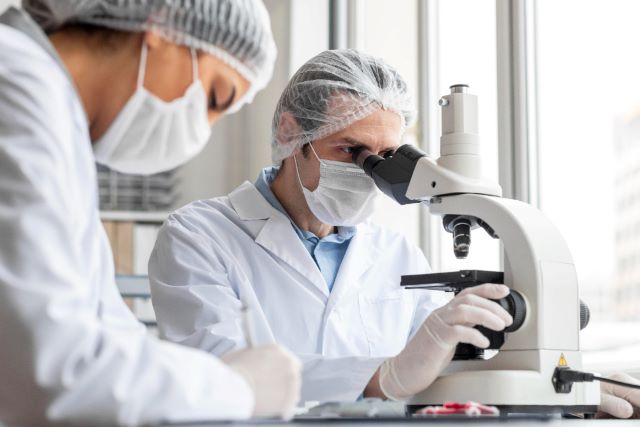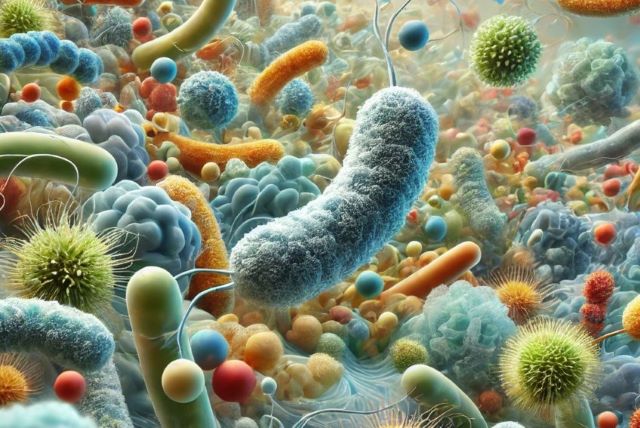The Truth About Histamine Overload: Hidden Symptoms, Possible Solution

Imagine someone starts noticing strange, seemingly unrelated symptoms. After a glass of wine — a sudden hot flush, nasal congestion, and a feeling of an oncoming cold. A bit of aged cheese — itching, heaviness in the stomach, bloating. After eating strawberries — a rash that disappears without a trace in a couple of hours.
In the morning — a dull headache “out of nowhere.” Throughout the day — bouts of irritability and anxiety. In the evening — insomnia and restless sleep. Sometimes after eating — a wave of fatigue so strong it feels like the body is “shutting down.” During stress or certain phases of the hormonal cycle — abdominal pain intensifies, dark thoughts appear, only to be suddenly replaced by a burst of energy and hyperactivity.


